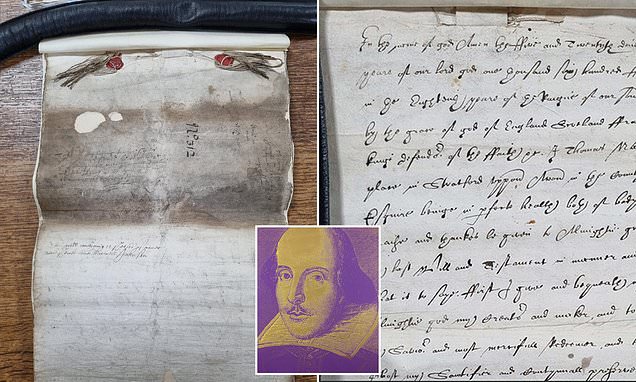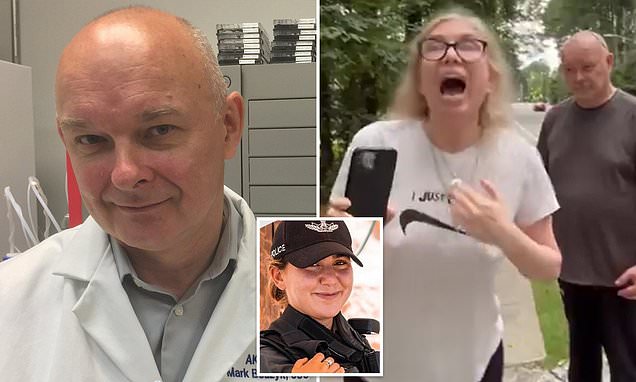Just when historians thought they had pieced together the legacy of William Shakespeare, a forgotten will has surfaced — one that stirred up family drama nearly 400 years ago.
The document, drawn up in 1642, was recently uncovered in a box of 17th-century Chancery papers and had never before been seen by modern researchers.
The Man Behind the Will
The will belonged to Thomas Nash, who was married to Shakespeare’s granddaughter, Elizabeth.
At the time, the couple lived at New Place in Stratford-upon-Avon — the grand residence Shakespeare had purchased in 1597 and where he died in 1616.
New Place wasn’t just any house; it was reportedly the second largest property in town.
In his will, Thomas Nash attempted to leave New Place to his cousin, Edward Nash.
But there was one major problem: the house wasn’t his to give away.
Why the Will Caused Trouble
Shakespeare had already left New Place to his eldest daughter, Susanna, in his own will.
She was still alive in 1642 and was living in the property with her daughter Elizabeth and son-in-law Thomas Nash.
So when Thomas tried to pass the house on to his cousin, it directly clashed with Shakespeare’s original inheritance plan.
To avoid confusion, Susanna and Elizabeth later obtained a legal document to confirm their rightful ownership of Shakespeare’s estates after Nash’s death in 1647.
A Courtroom Clash
Edward Nash wasn’t pleased.
The following year, he dragged Elizabeth to court, demanding that she honour the terms of her late husband’s will.
Elizabeth, however, firmly argued that Thomas had no authority to gift New Place, since it had been her grandfather’s property passed down to her mother.
Historians believe the dispute never reached a final court judgment.
Instead, Elizabeth — who later became Lady Barnard — likely resolved it privately.
She continued living at New Place until her death in 1670.
What Became of New Place
Sadly, the historic home itself didn’t survive the centuries.
New Place was demolished in 1759, and the site today is a memorial garden cared for by the Shakespeare Birthplace Trust.
Why the Discovery Matters
Dr. Dan Gosling, Principal Legal Records Specialist at The National Archives, who uncovered the will, called it a fascinating find.
He explained that it reveals just how complicated Shakespeare’s legacy was in practice.
“Elizabeth had to bring her husband’s will into court and explain why she hadn’t honoured it,” he noted.
The discovery shines a light on how Shakespeare’s estate was contested and protected, reminding us that even the most celebrated literary figures left behind family dramas worthy of a play.



